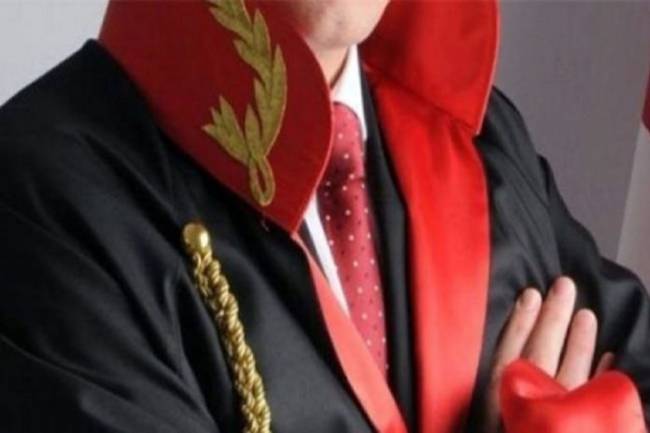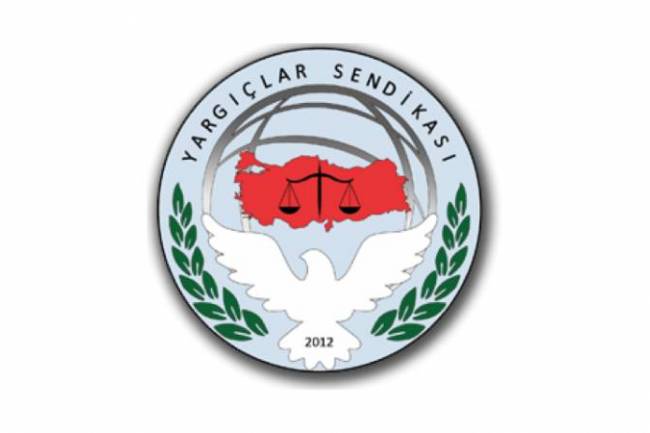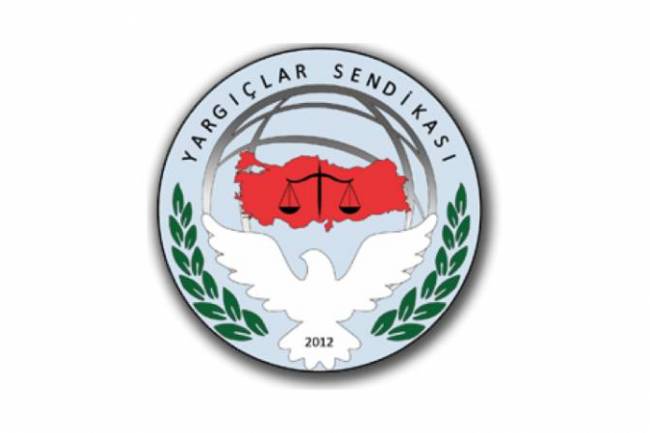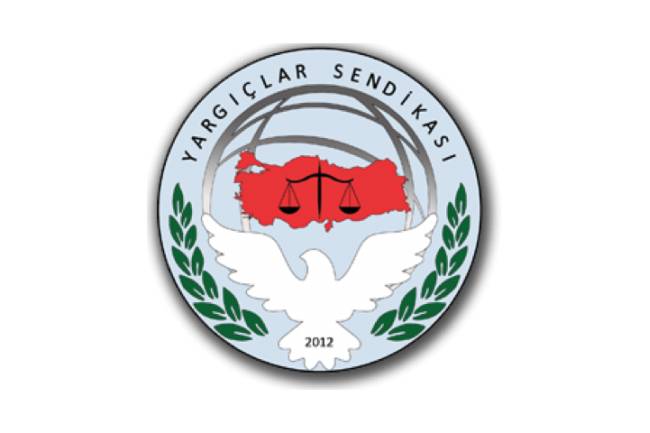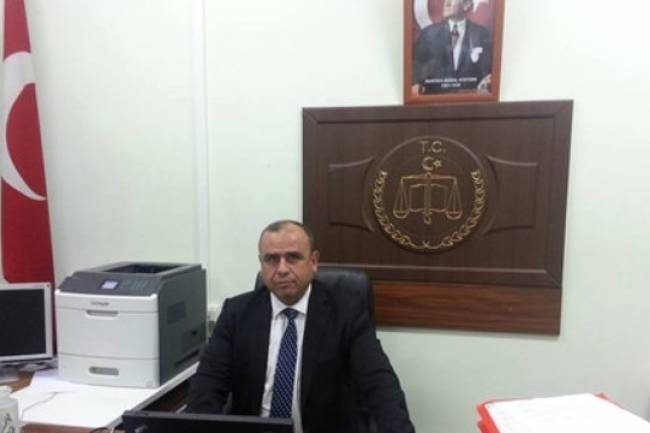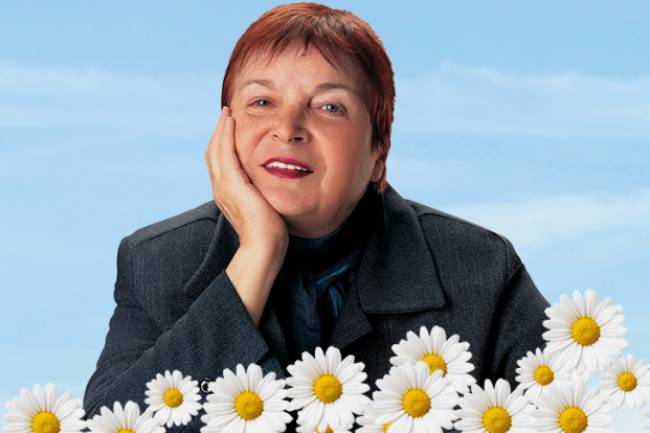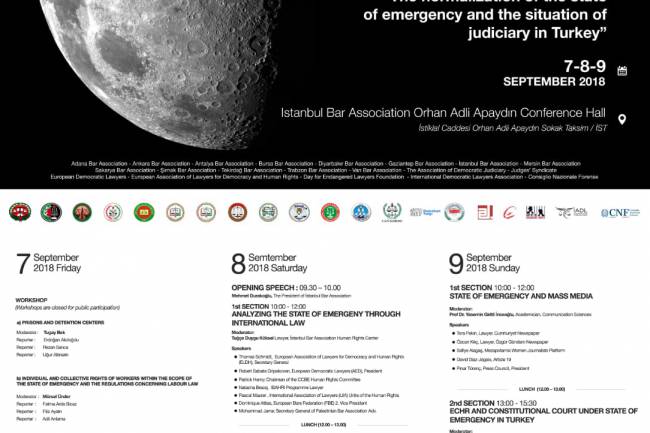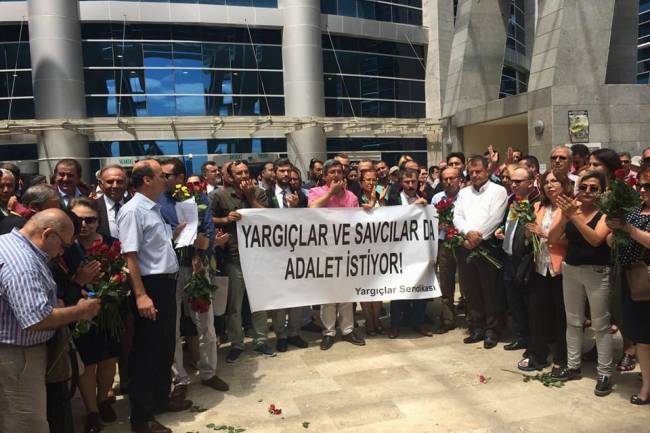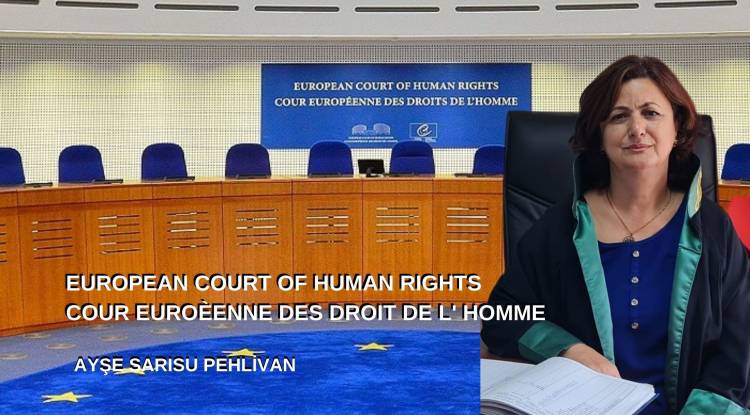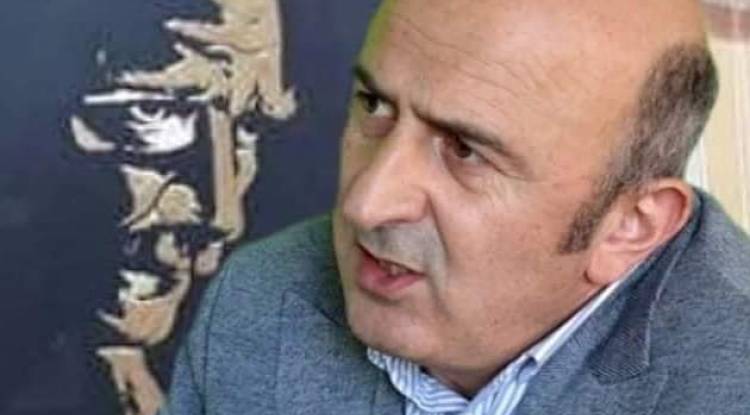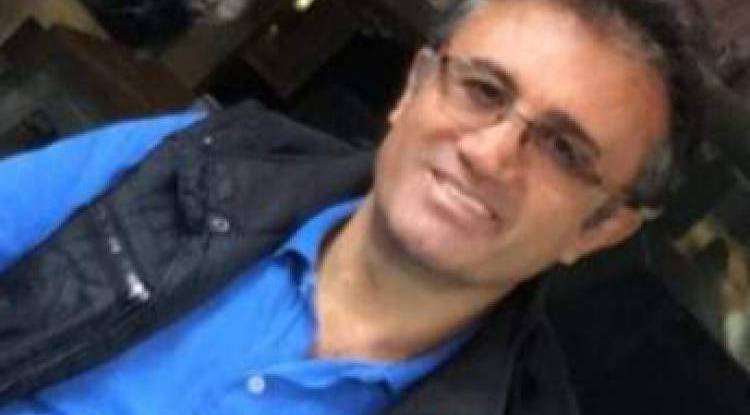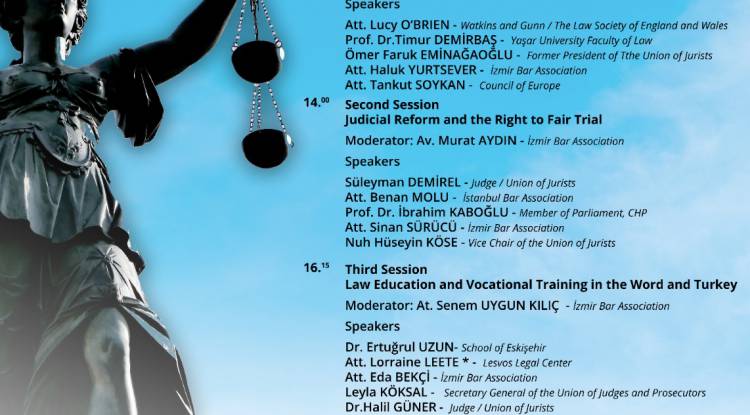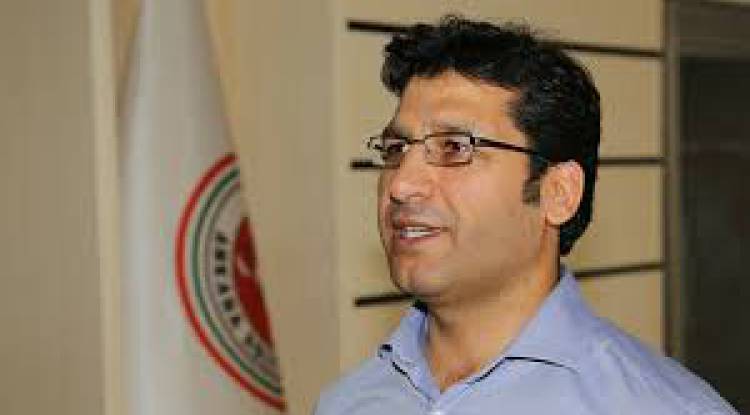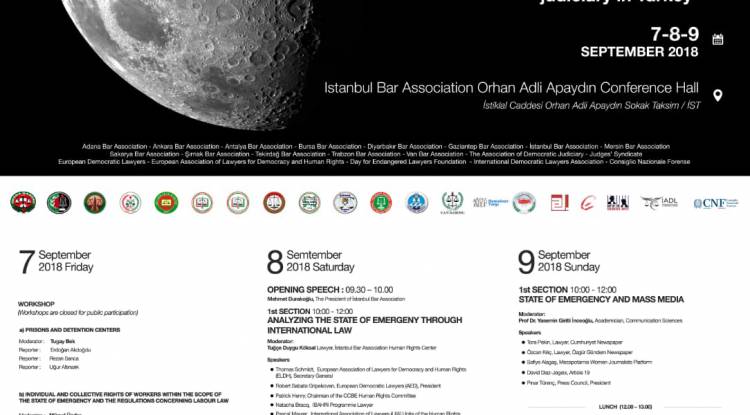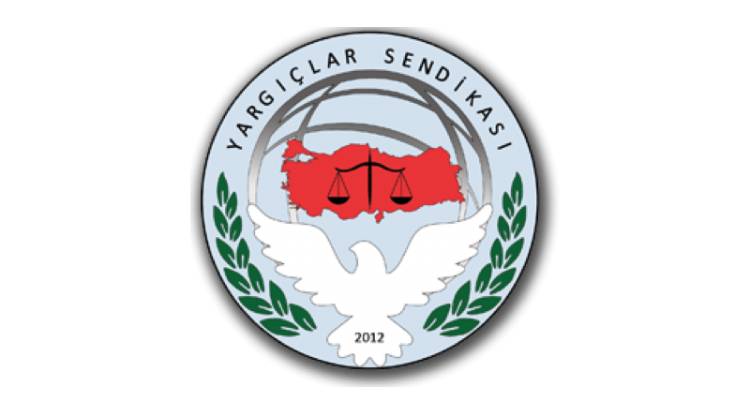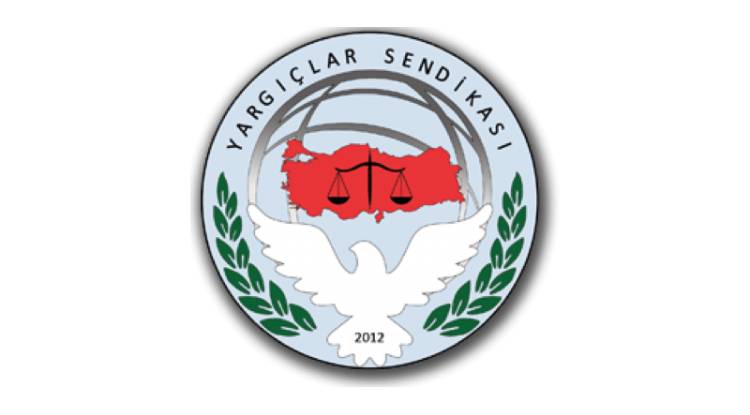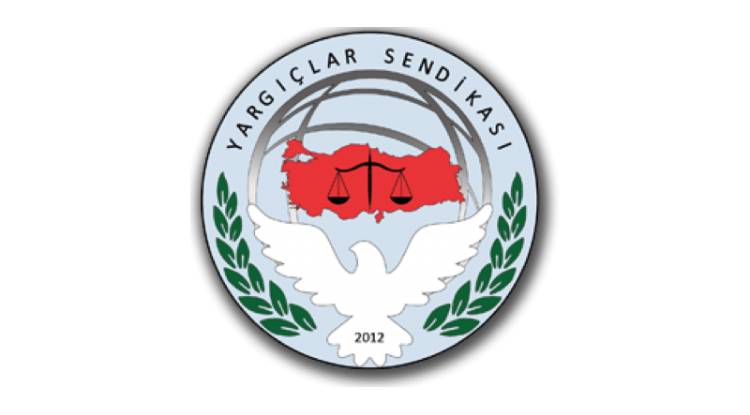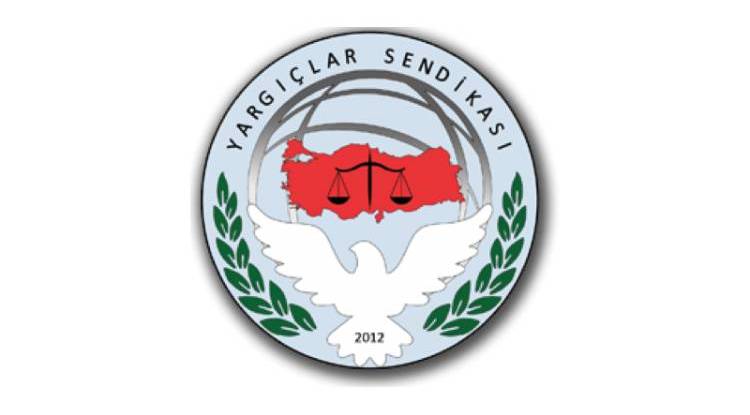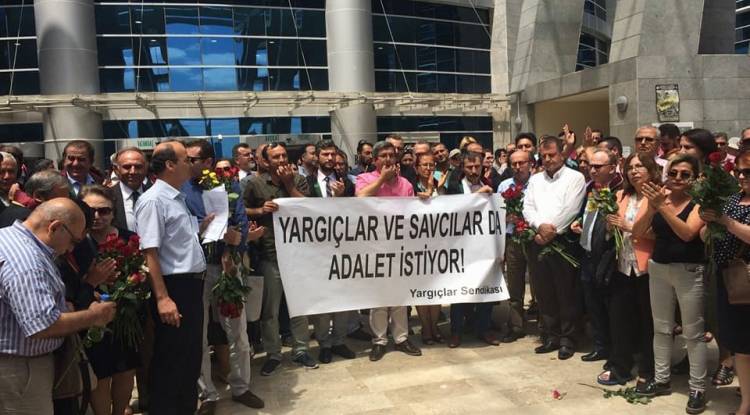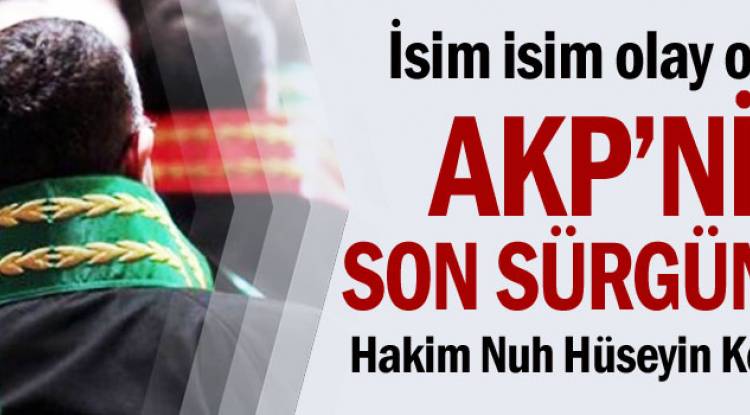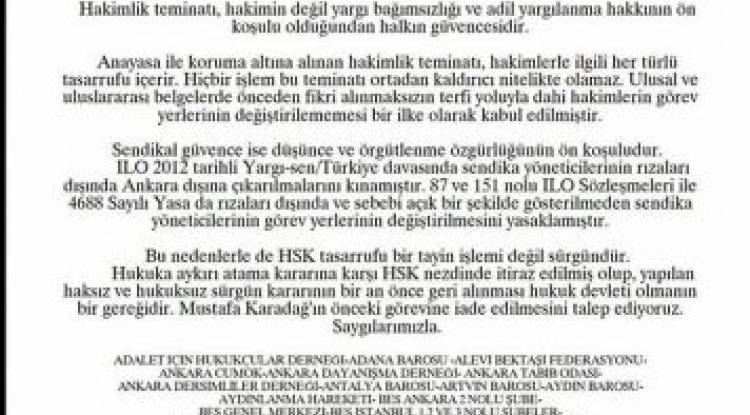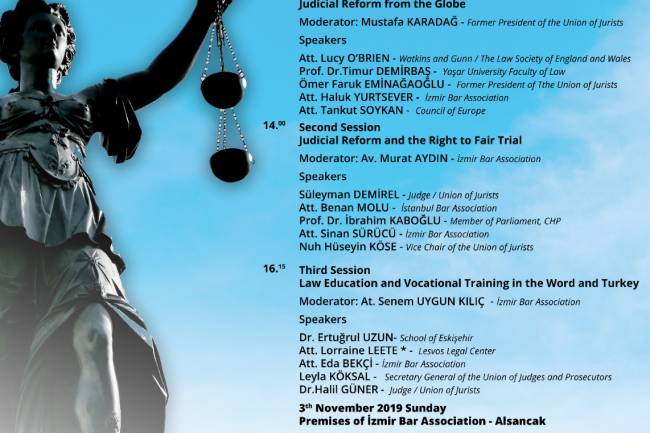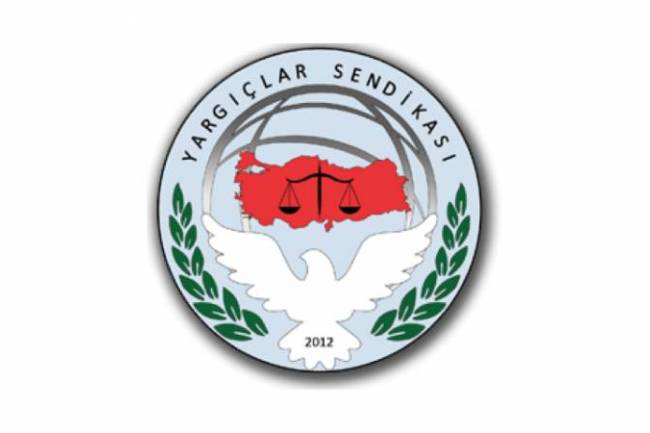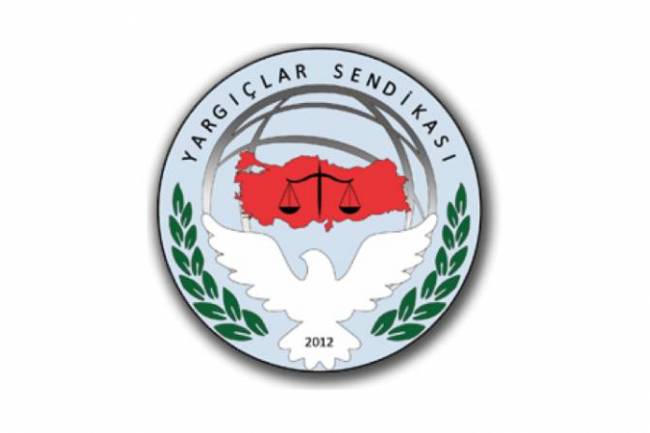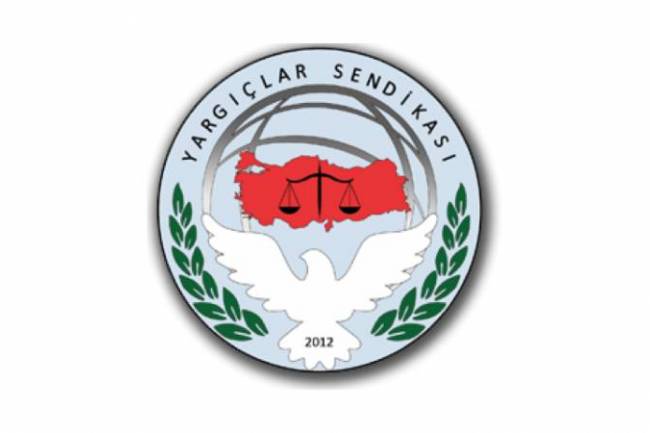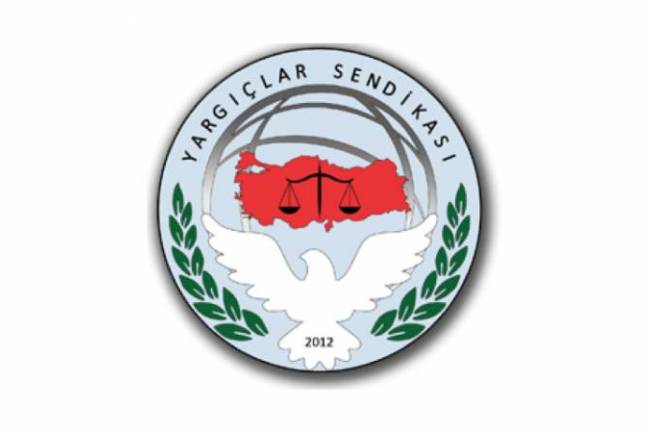PUBLİC RELEASE OF TURKİSH JUDICIAL UNION
We, judges and public prosecutors of the Turkish Republic, are being systematically subjected to pressure, forced relocation and forced retirement by a judicial council made up of Cemaat members. We believe in the rule of law and we are struggling for the creation of an impartial and independent judiciary, believing that our struggle can be effective within judicial associations. We have paid and are continuing to pay the price for this cause. We are deeply saddened that we must remind the general public of the issues below.
Although it was highlighted in the 2010 report prepared by the plenary meeting of the Venice Commission, and binding for the Turkish Republic, that judges shall not be re-appointed without their permission, judges and public prosecutors who are board or ordinary members of judicial associations have been re-located without their consent. This principle has been highlighted as an essential element of judicial independence, to be enshrined in the highest level of national legal instruments, and constitutional protection of this has been consistently and continuously advised.
The same report states that, as in part 3.4 of the European Charter, the principle of prohibiting the relocation of judges without their consent includes re-location by way of promotion.
In its decision numbered R (94 ) 12, concerning the role, independence and effectiveness of judges, the Committee of Ministers of the Council of Europe underlined that all decisions relating to the career of a judge must be based on objective criteria and that the selection and promotion of judges must be based on their merits and in line with their qualities, honesty, skills and effectiveness.
Despite all the above-mentioned principles, some judges and public prosecutors who are board or ordinary members of judicial associations, who carry the dignity and honour of their profession, who defend and apply in their work the principle of independence from economic and political pressure groups or any one group of people as well as from their own personal beliefs, who seek justice and who mainstream society perceives as hope for the future have once again been forcibly re-located, their personal merits and professional experience disregarded.
Members who were compulsorily re-located by way of judicial decree regretfully left their chosen profession due to family-related considerations and the fact that their lives would be at risk. Those who remain in the profession continue to uphold its dignity and prestige and to meet society's expectation of justice without being discouraged.
For these members of the judicial profession, the prestige of the Turkish Republic takes precedence
The High Judicial Council is fully aware of this situation and must not forget that there are judges and prosecutors who are working to ensure that universal legal principles remain indispensable.
The High Judicial Council must present the image of a board that finds a solution to the problems of judges and public prosecutors and must work to ensure that the judiciary is independent of all forces, does not act with prejudice and does not marginalise.
The principle of separation of forces in our country is still valid and neither law nor a legal norm which destroys this principle exists. The primary task of the judiciary is to preserve its independence and impartiality against political powers, the press and the governmental executive.
Political authorities need honourable judges and prosecutors who undertake their duties with faith in the rule of law and without deviation from the principles of justice. A judicial order with the definition "judges and public prosecutors of the period" , intended to shake the whole system from its root, must not be permitted.
Turkey can only take its place in world judiciary as a prudent jurisdiction if our existence is sustained and our support increased.
BOARD OF DIRECTORS OF UNION OF JUDGES
 admin
admin 